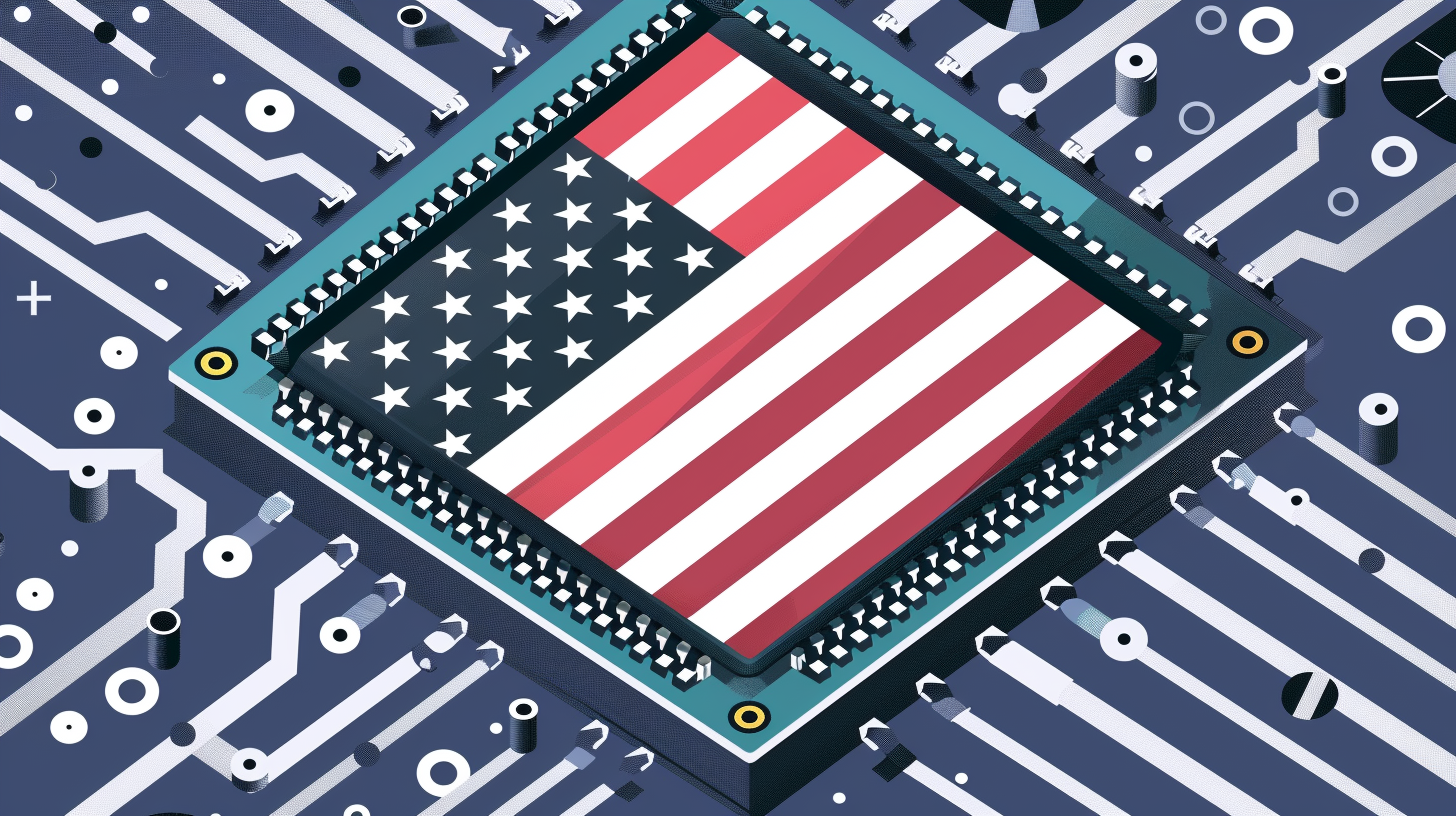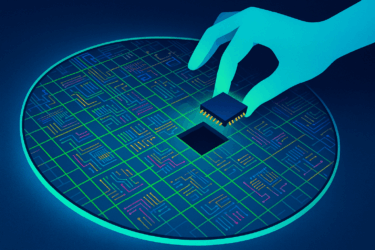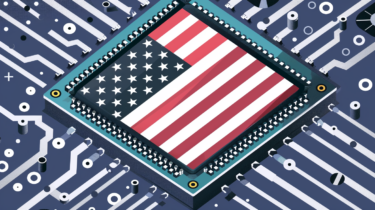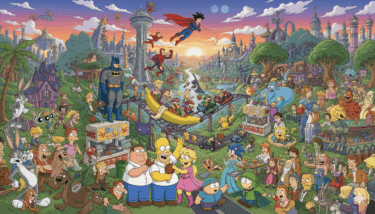The world's largest chip manufacturer TSMC has announced that it will produce its most advanced 2-nanometer chips in a new factory in Arizona starting in 2028. The Taiwanese company will receive billions in subsidies from the US government, the US Department of Commerce said on Monday.
TSMC plans to increase its investments in the US from $40 billion to $65 billion and build a third factory in Phoenix, Arizona, by 2030. The Biden administration is supporting the project with grants of $6.6 billion and loans of up to $5 billion under the Chips Act.
US Secretary of Commerce Gina Raimondo sees this as a "massive" investment in US national security. The goal is to shift more semiconductor production to the US. Currently, 90 percent of the most advanced chips are made in Taiwan.
The first factory in Arizona is set to start making 4-nanometer chips next year, while the second will begin producing 3-nanometer chips two to three years later. However, industry experts say the original plan makes little sense since most AI chips will be based on 3-nanometer technology starting next year or in 2026.
By announcing plans to make 2-nanometer chips in the second factory, TSMC is giving customers like Nvidia the chance to have at least some of their chips made in the US from 2030.
"The CHIPS and Science Act provides TSMC the opportunity to make this unprecedented investment and to offer our foundry service of the most advanced manufacturing technologies in the United States," said TSMC Chairman Dr. Mark Liu.
"Our U.S. operations allow us to better support our U.S. customers, which include several of the world’s leading technology companies. Our U.S. operations will also expand our capability to trailblaze future advancements in semiconductor technology."






